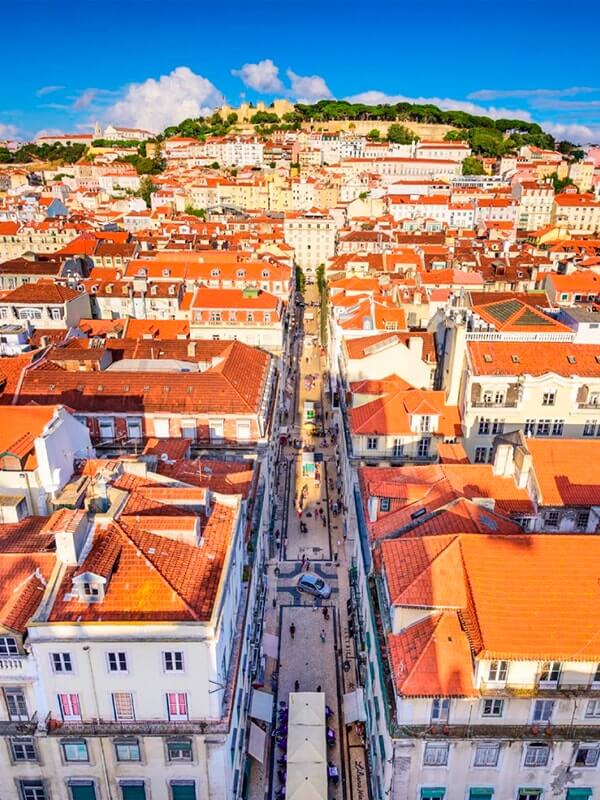
Portugal Wants More 70% of Tourism Revenue until 2027

Tourism phobia doesn’t exist, Rui Moreira guarantees. Luís Araújo believes we need to raise awareness of the importance of the sector.
The debate is on fire around the impact tourism growth has on cities. But Luís Araújo, president of Tourism of Portugal, believes it all to be a question of “awareness” of the population to the economic importance of the sector. Even because the goals set for 2027 point to 80 thousand foreign overnight stays in the country, generating an annual yield of 26 thousand millions of euros. Numbers that represent an increase of 50% in relation to the actual number of overnight stays and over 70% of the revenue. “I’d like it if, once and for all it was understood, and this activity recognized as a creator of wealth instead of a target for attacks on the cannibalization and desertification of cities”.
Luís Araújo spoke at the QSP Summit, which took place yesterday at Exponor, in Matosinhos, in the panel Tourism: Threat and Opportunity, where Mayor of Porto, Rui Moreira, intervened. The Mayor of Lisbon, Fernando Medina, was scheduled to be on the show, but couldn’t make it. How to avoid tourism phobia was the question they were both invited to answer. Rui Moreira guarantees that “in Portugal there are few [citizens] angry with tourism”, but recognizes that it’s necessary to guarantee that the activity’s positive impact “reaches the largest number of people”, instead of its inconveniences. And it’s up to the political power, mainly the local government, to diminish the “tourism footprint” perceived by the residents.
In Porto, the tourism rate was created, precisely, to “guarantee that those who visit us pay their share in the overload of the city’s infrastructures”, namely at the level of waste collection, etc. Rui Moreira refuses the theory that tourism growth is taking the Portuguese out of city centers, and reminds that 55% to 57% of the houses used for local housing were abandoned dwellings. “The idea that local housing is ejecting citizens is a lie”, he defends. Tourism growth allowed for the rehabilitation of the city – in 2001, 80% of the buildings in the historic center were in ruins—, and to fight unemployment.
Which raises the question of the lack of manpower. The Tourism of Portugal president admits that this is “one of the great challenges” for the future, underlining that, during the previous year alone, 55 thousand new jobs in tourism were created. An area that, just last year, was seen as a “poorly paid, second rate career”, but that today presents “ascension prospects much faster” than any other. Questioned about tourist rates, the president was cautious, reminding that “we ought to pay attention to everything that makes us less competitive”, from access to costs.
